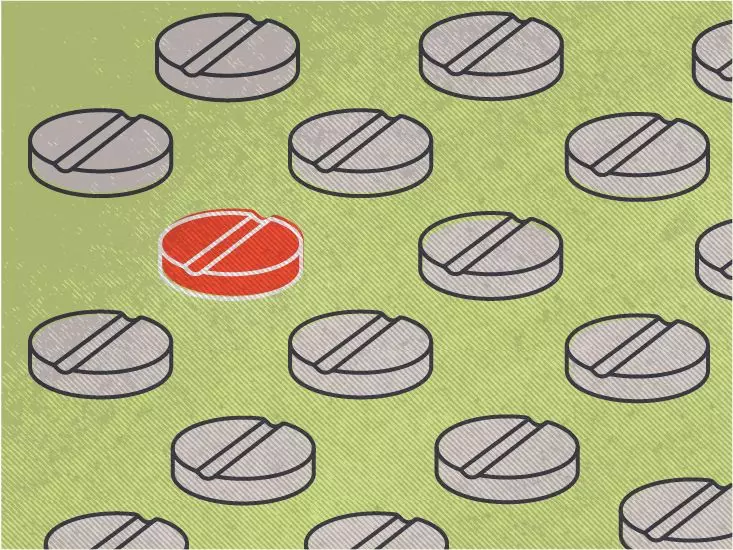Navigating the complexities of pregnancy can be overwhelming, especially when it comes to medications and their potential impacts. For those who may become pregnant, it’s crucial to consult a healthcare provider regarding the use of medications like Ojjaara. Research indicates that this drug may pose risks to fetal development based on animal studies, where adverse effects were observed. However, translating these findings directly to human experiences can be misleading, as animal studies do not always mimic human biology or outcomes.
Another pressing concern is how Ojjaara might affect fertility. Initial studies in animals have demonstrated a reduction in reproductive capabilities for both male and female subjects. While these results are significant, they also remain unverified in human cases. If you’re considering pregnancy or are of reproductive capability, discussing fertility implications with your doctor is vital. They can provide personalized insights and might suggest alternative treatments if necessary.
For individuals who are sexually active and capable of conceiving, it’s essential to evaluate birth control options while taking Ojjaara. The recommendation generally is to take effective contraceptives not only during the course of treatment but also for at least a week following the last dose. This preventive measure can mitigate the risks associated with unplanned pregnancies during this sensitive period.
The guidance is especially critical when considering partners who may also have the potential to conceive. Open communications with healthcare providers can ensure that safe methods of birth control are in place, taking into account the specific needs and circumstances of each individual.
Breastfeeding presents another challenge for those prescribed Ojjaara. Current recommendations explicitly advise against breastfeeding during the use of this medication and for a week after treatment concludes. This precaution stems from insufficient data on how the drug may affect nursing infants. Consequently, those who are breastfeeding or wish to start should thoroughly discuss their situation with their healthcare provider. Alternatives to breastfeeding may need to be considered during the treatment period to safeguard the health of the child.
Ultimately, the importance of consulting with healthcare professionals cannot be overstated. The complexities surrounding medication use during pregnancy, its effects on fertility, birth control methods, and breastfeeding are vital topics that require careful discussion. Every individual’s medical history and current health circumstances are unique, making personalized medical advice essential for making informed decisions. Engaging in proactive conversations with doctors about Ojjaara, or any medication, can lead to better outcomes for both the individual and their future family.

